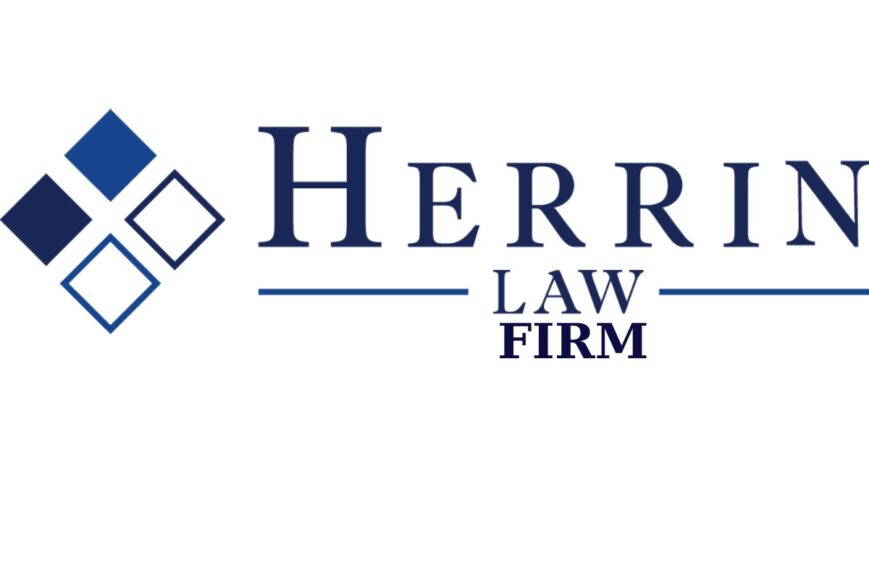Clavam 625 Dosage Per Day: Amoxycillin and Clavulanic Acid are combined in Clavam 625 Tablet. Bacterial infections of the nose, urinary tract, ears, lungs, skin, bones, etc., are treated with it. This medicine is actual only for the treatment of infections produced by bacteria and not viruses.
Content Details
Dr. Mansi Savla
B.Pharm – Dr. Bhanuben Nanavati College of Pharmacy, Mumbai; Pharm D (Post Baccalaureate) – Poona College of Pharmacy
Dr. Ritu Budania: MBBS, MD (Pharmacology)
Affiliation: Heads the Medical Content and Catalogue Management teams, PharmEasy
Awards: she received a bronze medal for topping the Maharashtra University of Health Sciences During her MD.
Alums of: MBBS from Topiwala National Medical College, Mumbai; MD in Pharmacology from Government Medical College, Nagpur.
Product Summary
Offer Price: ₹184.45
You Save: ₹20.49 (10%)
Contains: Amoxycillin / (500.0 Mg) + Clavulanic Acid(125.0 Mg)
Bacterial infections:
- Diarrhea
- nausea
- vomiting
- fungal infection
Therapy: ANTIBIOTIC
Benefits of Clavam 625
Clavam 625 is a medicine used to treat infections and contains a combination of Amoxicillin 500mg + clavulanic acid 125mg. It is an Antibiotic belonging to the Penicillin Derivatives /Beta-lactamase inhibitors.
How Long Does It Take For This Medicine To Take Effect?
The effect of Clavam 625 Tablet can be observed within 1-2 hours after taking it.
How long do the effects of this medicine last?
The effect of Clavam 625 Tablet lasts for an average duration of 6-8 hours
Is It Safe To Drink Alcohol While Taking This Medicine?
Interaction with alcohol is indefinite. It is suitable to consult your doctor before consumption.
Is This A Habit Forming Medicine?
No habit-forming tendencies have reported with Clavam 625 Tablet.
Can This Medicine Be Taken During Pregnancy?
Due to a lack of safety and value studies in pregnant women, the risk to your developing foetus not known. If you are pregnant, take Clavam 625 Tablet only if prescribed by your doctor.
Can This Medicine Taken While Breast-Feeding?
Clavam 625 Tablet passes into breast milk and may cause diarrhoea in your breastfed infant. If you are breastfeeding, consult your doctor.
Uses Of Clavam 625mg Strip Of 10 Tablets
Clavam 625 tablet is an antibiotic use to treat bacterial infections in the lungs, air transport company, ears, urinary tract, skin, bones, joints, soft tissue, and teeth.
Side Effects Of Clavam 625mg Strip Of 10 Tablets
- Vomiting
- Diarrhea
- Nausea
- Infection of skin & nails
- Indigestion
- Skin rashes
- Skin irritation
- Headache
- Dizziness
Related Products
- Clavam 625 Dosage Per Day
- Clavam (1000/200 mg) Injection
- Clavam (1000/62.5 mg) Tablet XR
- Clavam (125/31.25 mg) Syrup
- Clavam (200/28.5 mg) Syrup
- Clavam (400/57 mg) Dry Syrup
- Clavam (80/11.4 mg) Drops
- Clavam (875/125 mg) Tablet
- Clavam 375 Tablet
























